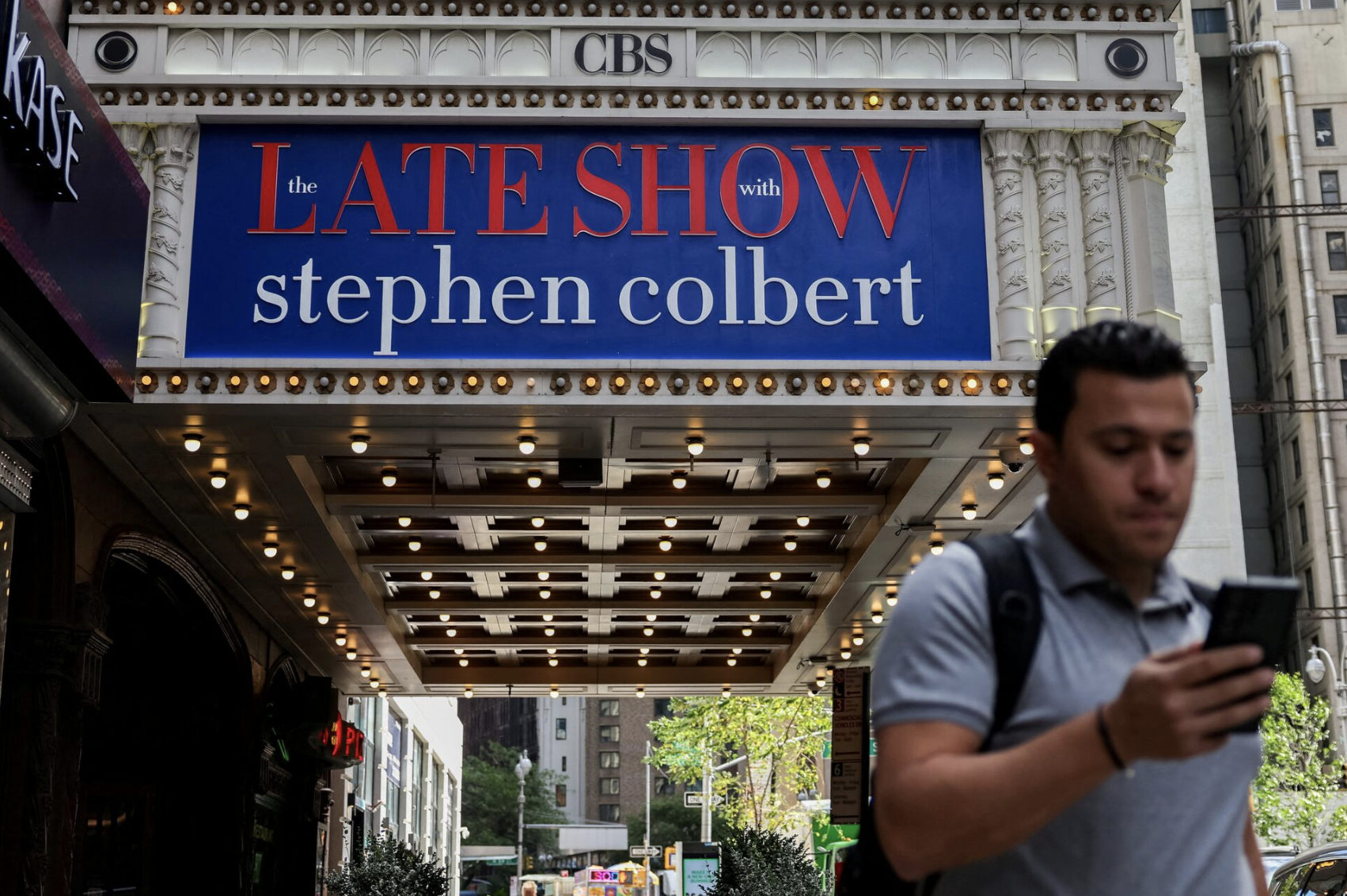On July 17, CBS announced that it would be canceling “The Late Show with Stephen Colbert,” with the final episode set to air in May 2026. This decision not only ends Colbert’s tenure but also marks the end of the “The Late Show” franchise entirely, as no successor will take over after his departure. The news is disappointing but not surprising, given that late-night television has been in a state of uncertainty for years. With the rise of streaming platforms, online content has grown significantly, and younger generations are increasingly skipping late-night shows. As fewer people tune into network television, let alone late-night, ratings have been rapidly declining. The decision also comes amid cost-cutting measures at CBS’s parent company, the newly merged Paramount Skydance Corporation, which is reevaluating its most expensive programming. Many fear Colbert’s cancellation could be the first domino in the collapse of late-night television.
A cultural institution
For decades, late-night television was a cornerstone of American culture. “The Tonight Show,” which debuted on NBC in 1954, pioneered the talk show format with its opening monologue, celebrity interviews, comedy bits and musical performances. When Johnny Carson took over in 1962, he became known as “The King of Late Night,” refining the format with sharp humor and memorable guest interactions, cementing late-night as a nightly ritual.
David Letterman, who first hosted NBC’s “Late Night,” launched “The Late Show” on CBS in 1993. His self-aware, edgy, comedic style resonated with younger audiences, and many modern-day comedians cite him as a major influence.
The shift to streaming and social media
Once home to some of culture’s most iconic moments, late-night television has struggled over the past decade as streaming services and on-demand content have accelerated their decline. Historically, talk shows were the only place where viewers could see celebrities in a relaxed setting, engaging in candid conversations. Today, platforms like YouTube, Instagram and TikTok offer endless opportunities to connect with celebrities, making late-night appearances feel less unique and less necessary.
For years, hosting your own late-night show was considered one of the most prestigious jobs in entertainment. Yet, as the format grows increasingly outdated, even beloved hosts have begun exploring alternative formats. Conan O’Brien, a late-night veteran since 1993, retired in 2021 to pursue new projects. Since then, he has achieved widespread success with his podcast, which showcases his humor while facilitating more personal, heartfelt conversations with his guests. Similarly, Trevor Noah left “The Daily Show” after just seven years to focus on stand-up and other creative projects.
What comes next?
Although a late-night clip may occasionally go viral on YouTube, such attention is not enough to sustain the format in the long-term. With celebrity interviews readily available through podcasts and press junkets, and countless comedy specials streaming on various platforms, talk shows must find new and inventive ways to thrive. Some shows, however, are making strides. Seth Meyers has a YouTube exclusive segment, “Corrections,” where he humorously responds to comments (“Jackals”) that “correct” the show’s jokes and graphics. Meanwhile, John Mulaney’s first season of his Netflix talk show reimagines the format for younger audiences, combining a hilarious monologue, absurd remote segments, celebrity panels and viewer call-ins. It culminates in a finale where he fights three 14-year-old boys, which, in my opinion, is must-see television.
As a fan of late-night television, I would be sad to see this longtime entertainment staple disappear. Though I rarely stay up late to watch these shows live, I still closely follow their legacy and place in American culture. If late-night really does come to an end, all I ask is that Ben & Jerry’s continues making Jimmy Fallon’s and Stephen Colbert’s ice cream flavors, because losing The Tonight Dough would simply be too much.
